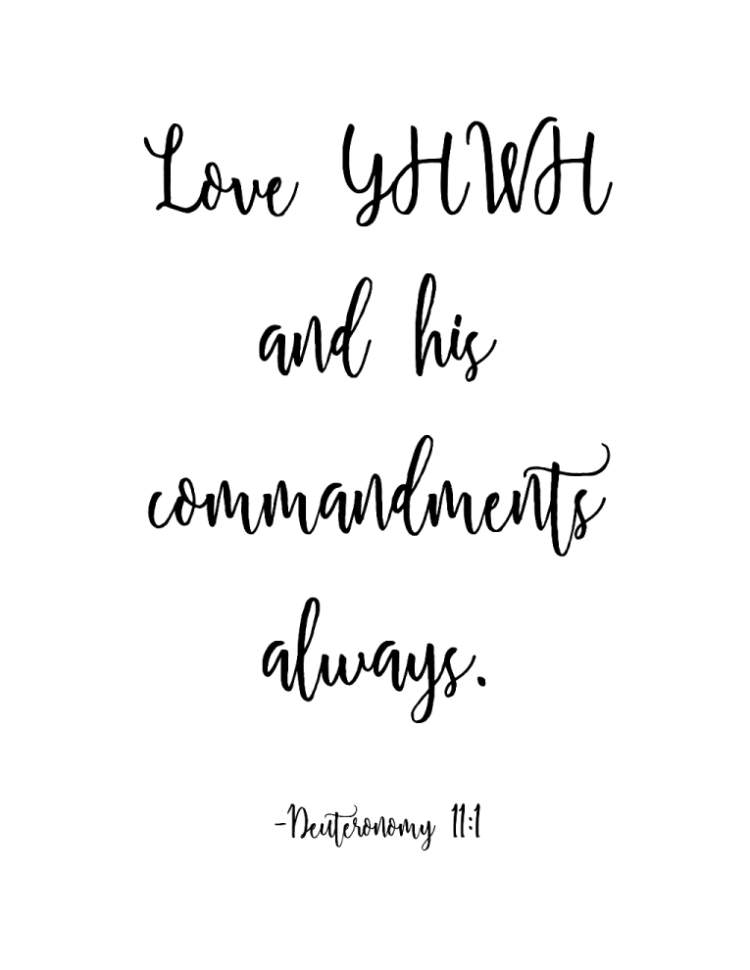Jeremiah 31 is one of many passages of Scripture that calls attention to the two houses of Israel and Judah. Verse 10 promises that the lost northern kingdom of Israel shall be regathered.
"He that scattered Israel shall gather them and keep them, as a shepherd does his flock." -Jeremiah 31:10
Remind yourself of this profound promise by placing this verse somewhere in your home or office! Click here to download this printable from Jeremiah 31. It is free for your personal use.
More free printables:
Keeping the Torah Printable
Jeremiah 33 - Abundance of Real Peace and Truth
Love YHWH and His Commands



















.JPG)

